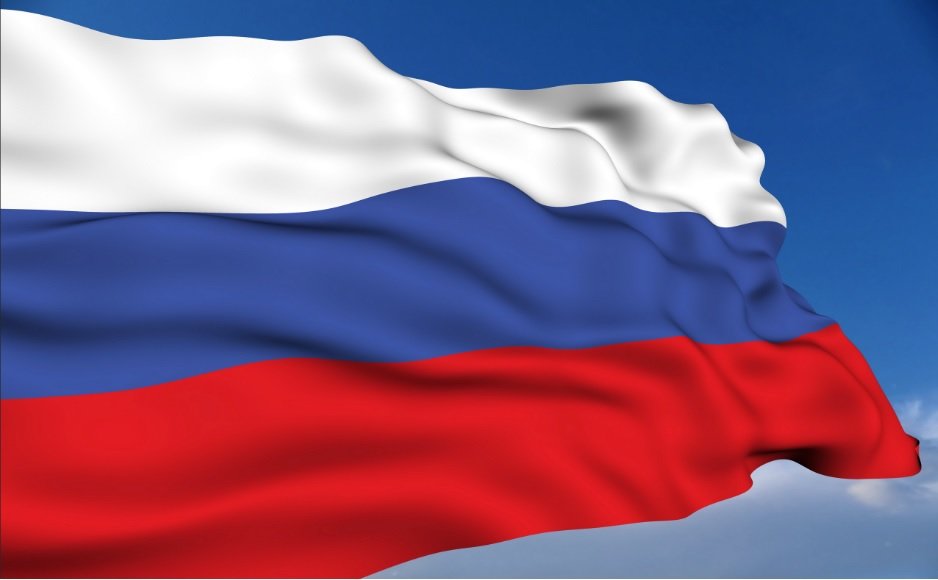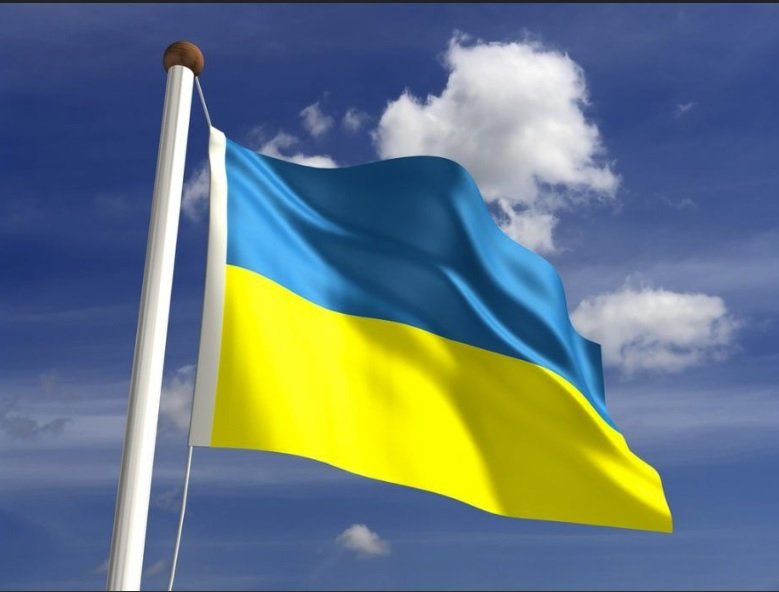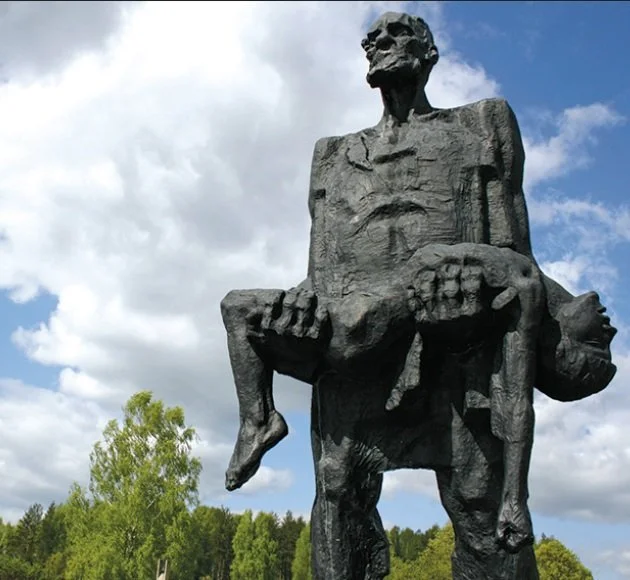Peace in Our Time - Part 6
This series of articles has been investigating similarities between Germany's 1938 annexation of the Sudetenland region of Czechoslovakia and Russia's recent aggression against Ukraine.
In part 1 of this series, we reviewed Hitler's 1938 speeches justifying acquiring the Sudetenland. Hitler's justification for taking the Sudetenland from Czechoslovakia resembles Putin's for invading Ukraine.
In part 2, we looked at British Prime Minister Neville Chamberlain's defense of the appeasement of Germany.
In part 3, we looked at the opposition to the 1938 appeasement policy.
In part 4, we reviewed Ukraine’s historical development.
And in part 5, we examined Putin’s justification for the annexation of Crimea in 2014.
In this post, we look at Putin's 2021 speech, setting the stage for the 2022 invasion of Ukraine.
Putin Speech: July 2021
In July 2021, Putin gave a speech entitled, “On the Historical Unity of Russians and Ukrainians.” This speech foreshadowed his 2022 invasion of Ukraine. In this speech, he denies that Ukraine is a separate entity from Russia. Some highlights from the speech (full speech, click here):
“…when I was asked about Russian-Ukrainian relations, I said that Russians and Ukrainians were one people – a single whole.”
“First of all, I would like to emphasize that the wall that has emerged in recent years between Russia and Ukraine, between the parts of what is essentially the same historical and spiritual space, to my mind, is our great common misfortune and tragedy.”
Putin acknowledges historical oppression of Ukraine: “I am not going to idealize anything…there were the Valuev Circular of 1863 and then the Ems Ukaz of 1876, which restricted the [use of] …the Ukrainian language.”
“In 1922, when the U.S.S.R. was created …The right for the republics to freely secede from the Union was included in the text of the Declaration on the Creation of the Union of Soviet Socialist Republics and, subsequently, in the 1924 U.S.S.R. Constitution. By doing so, the authors planted in the foundation of our statehood the most dangerous time bomb, which exploded the moment the [Soviet Union collapsed in 1991]”.
“…modern Ukraine is entirely the product of the Soviet era. We know and remember well that it was shaped – for a significant part – on the lands of historical Russia.”
“… inside the U.S.S.R., borders between republics were never seen as state borders; they were nominal within a single country…But in 1991, all those territories, and, more importantly, people, found themselves abroad overnight, taken away, this time indeed, from their historical motherland.”
“Ukraine and Russia have developed as a single economic system over decades and centuries.”
“When the U.S.S.R. collapsed, many people in Russia and Ukraine sincerely believed and assumed that our close cultural, spiritual and economic ties would certainly last, as would the commonality of our people, who had always had a sense of unity at their core.”
“…Ukraine's ruling circles decided to justify their country's independence through the denial of its past, however, except for border issues. They began to…refer to the period when Ukraine was part of the Russian Empire and the Soviet Union as an occupation. The common tragedy of collectivization and famine of the early 1930s was portrayed as the genocide of the Ukrainian people.”
“And the most despicable thing is that the Russians in Ukraine are being forced not only to deny their roots, generations of their ancestors but also to believe that Russia is their enemy.”
“…the path of forced assimilation, the formation of an ethnically pure Ukrainian state, aggressive towards Russia, is comparable in its consequences to the use of weapons of mass destruction against us.”
“…Marches and torchlit processions in honor of remaining war criminals from the SS units take place under the protection of the official [Ukrainian] authorities.”
“…residents of Donetsk and Lugansk took up arms to defend their home, their language, and their lives. Were they left any other choice after the riots that swept through the cities of Ukraine, after the horror and tragedy of 2 May 2014 in Odessa where Ukrainian neo-Nazis burned people alive, making a new Khatyn out of it?” *
“… for many people in Ukraine, the anti-Russia project is simply unacceptable…But they are not allowed to raise their heads. They have had their legal opportunity to defend their point of view in fact taken away from them. They are intimidated, driven underground. Not only are they persecuted for their convictions, for the spoken word, for the open expression of their position, but they are also killed. Murderers, as a rule, go unpunished.”
“We respect the Ukrainian language and traditions. We respect Ukrainians' desire to see their country free, safe, and prosperous.”
“I am confident that true sovereignty of Ukraine is possible only in partnership with Russia. Our spiritual, human, and civilizational ties formed for centuries and have their origins in the same sources, they have been hardened by common trials, achievements, and victories. Our kinship has been transmitted from generation to generation. It is in the hearts and the memory of people living in modern Russia and Ukraine, in the blood ties that unite millions of our families. Together we have always been and will be many times stronger and more successful. For we are one people.”
“Russia has never been and will never be “anti-Ukraine.” And what Ukraine will be – it is up to its citizens to decide.”
After this speech, Russia started building up troops on the border with Ukraine. Seven months later, Russia invaded.
* On May 2, 2014, riots between pro-Russian and Pro-Ukrainian activists left about 50 people dead in Odessa (In Southwestern Ukraine on the Black Sea)
Khatyn refers to the 1943 massacre of a Russian village by the Nazis. The Nazi unit that did the massacre included some Ukrainian collaborators. This memorial statue, called the ‘unbowed man,’ depicts the only adult to survive the slaughter, holding his son.
Unbowed Man at memorial to Khatyn memorial, in Belarus, near Minsk


